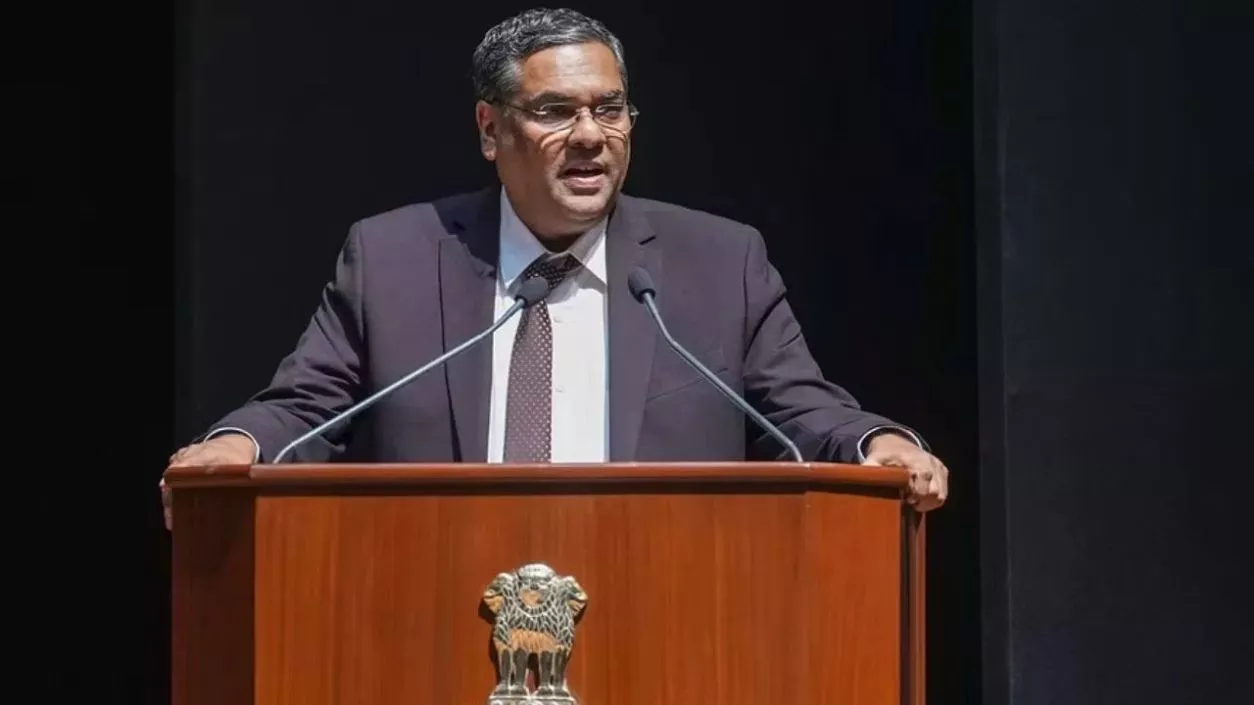.gif)
.gif)

Chief Justice of India, Sanjiv Khanna, addressed the significance of combating corruption on Lokpal Day, describing it as a "hydra-headed monster" that erodes public trust and undermines the democratic framework. He explained that corruption, particularly in governance, leads to the breakdown of systems that should serve the public, resulting in political and economic instability, societal divisions, and potential violence. The CJI emphasized that public trust is a critical element of any democratic system, and without it, governance structures and systems will fail to function effectively.
Justice Khanna outlined the crucial role that democratic institutions play in countering corruption. He pointed out that these institutions are responsible for building and reinforcing systems of accountability and fairness, which, in turn, inspire public confidence. The CJI stressed that the ability of the people, particularly the marginalized, to hold powerful individuals accountable is fundamental to democratic governance. He stated that these principles form the bedrock of the social contract between the government and its citizens.
Focusing on the importance of the Lokpal, CJI Khanna highlighted its constitutional significance as a mechanism to combat corruption. He noted that the Lokpal is designed to ensure that power is used responsibly and that governance is always grounded in ethics, accountability, and transparency. The CJI stated that while the Lokpal has made strides in combating corruption, its success is dependent on its independence, the objectivity of its investigations, and its ability to coordinate effectively with other anti-corruption bodies, such as the Central Vigilance Commission and the Central Bureau of Investigation.
The CJI also discussed the socio-economic consequences of corruption, particularly how it affects the disadvantaged sections of society. He referred to data that reveals how corruption disproportionately impacts the poor, women, and marginalized communities, who often pay a larger percentage of their income in bribes. CJI Khanna referenced a report stating that high-profile scams cost the nation around ₹36,000 crore annually, while everyday bribes to access public services amounted to approximately ₹21,000 crore in 2005. This highlights the pervasive nature of corruption across both high-profile cases and day-to-day government dealings.
In his conclusion, Justice Khanna emphasized that citizens play an indispensable role in the fight against corruption. He urged the public to actively engage with the Lokpal by filing complaints and providing testimony against corrupt officials. The CJI also noted the importance of educating the public about how to effectively use the Lokpal system. He reiterated that the fight against corruption must be in alignment with democratic values and must strengthen public trust, transparency, and the overall integrity of the governance system.